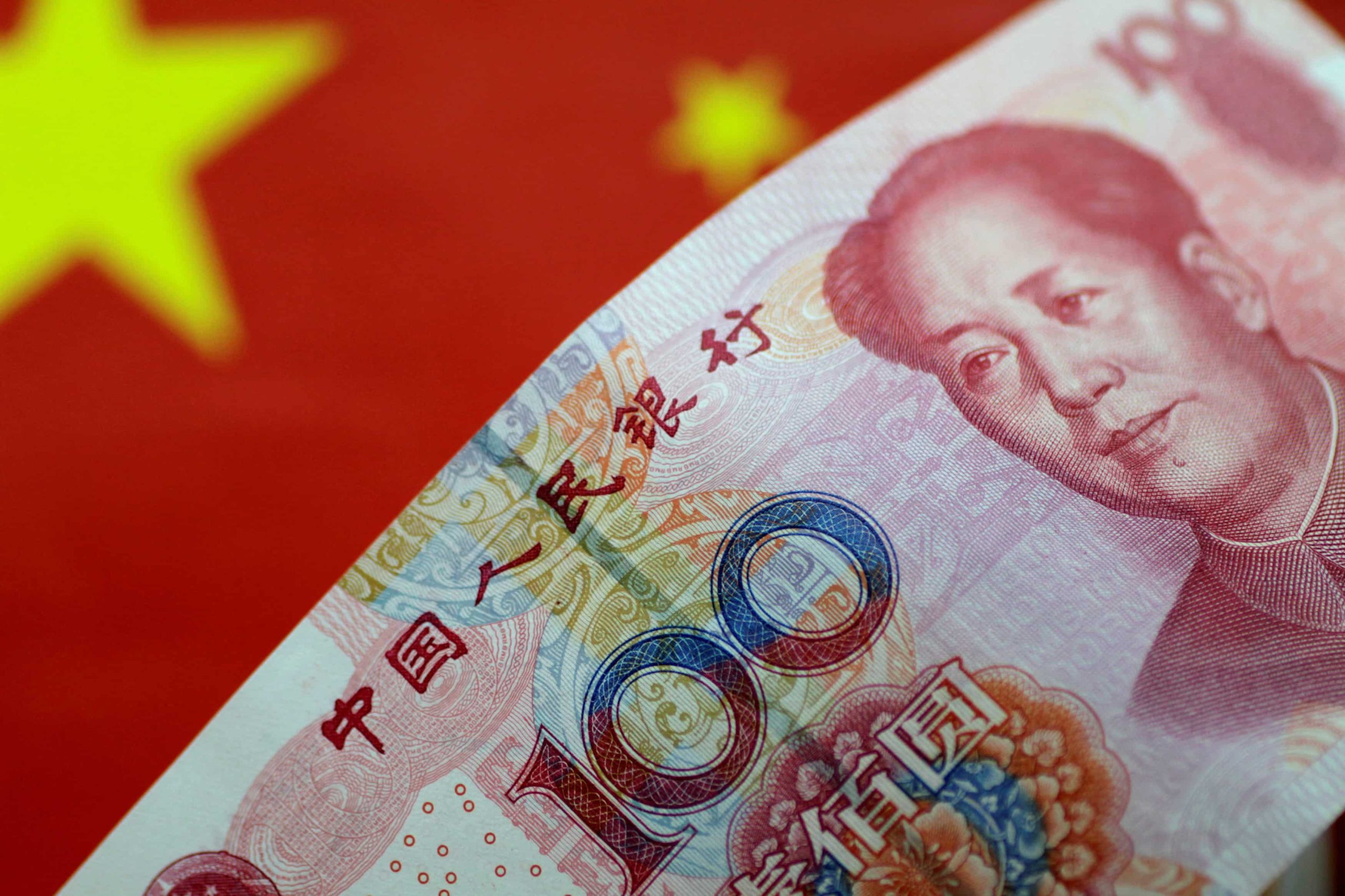Factors Affecting China’s Yuan
China witnessed a significant surge in capital outflow in April, signaling challenges for the yuan due to the country’s sluggish economy and uncertainties surrounding the US Federal Reserve’s interest rate policies.
Key Insights
- New data unveiled that local companies acquired the highest amount of foreign currency from banks since 2016.
- Exporters refrained from converting their dollars to yuan, while Chinese individuals increased their foreign currency purchases for overseas travel.
- This cautious behavior indicates a preference for the US dollar, given its higher interest rates compared to the yuan.
Efforts to Stabilize the Yuan
The People’s Bank of China is striving to maintain the yuan’s stability. However, uncertainties persist regarding potential US interest rate cuts, complicating the task.
Economists predict that policymakers will exert strict control to prevent yuan depreciation by managing its value and regulating foreign currency availability.
Financial Data Analysis
In April, Chinese banks sold $36.7 billion more foreign currency than they bought, the highest difference since December 2016. This trend reflects investors’ preference for foreign assets over the yuan.
Despite money inflows from other countries, the yuan faced challenges as Chinese spending on foreign currency surpassed foreign investments in China.
Expert Opinions
Dan Wang from Hang Seng Bank China Ltd. noted that exporters are holding onto foreign currency due to concerns about China’s economic growth and increasing capital outflow.
Bloomberg analyst Gerard DiPippo suggested that higher US interest rates may have prompted companies, including Chinese firms in Hong Kong, to relocate funds abroad for better returns.















































